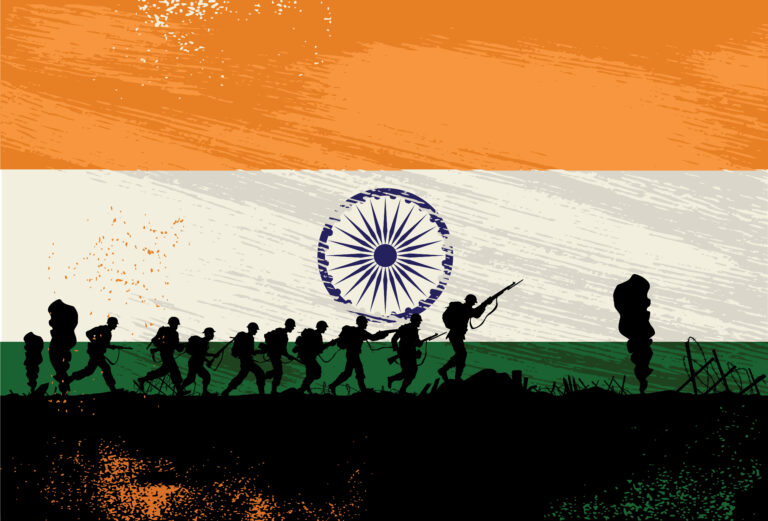It was 58 years ago this November that William F. Buckley Jr. and an eclectic group of conservatives, libertarians, and ex-communists launched National Review magazine and in so doing irrevocably changed the political and intellectual landscape in the United States. The magazine’s influence since those early days in its cramped suite of offices on Manhattan’s East Side cannot be overstated.
Before Buckley’s magazine there was no discernible conservative movement in the United States. Indeed, liberal intellectual Lionel Trilling wrote in 1953 that liberalism was not only the dominant but even the sole intellectual tradition in America.
National Review changed that. It brought a voice to the growing evidence of the failures of the post-war welfare state experiment. It provided a forum where conservative thinkers could debate and refine their ideas on key issues. And most importantly: it gave conservatism newfound legitimacy as a credible set of ideas that diverged from the prevailing liberal orthodoxy monopolizing universities and the mainstream commentariat.
This endowment of verisimilitude (to borrow a word from Buckley’s expansive vocabulary) became the foundation of the modern conservative movement in the United States and to a lesser extent elsewhere.
National Review was not the first conservative journal of ideas. There had been previous attempts to establish outlets for conservative thinkers to publish their intellectual output. These magazines tended to be scholarly, narrowly focused, and obscure. Many of these undertakings ultimately failed. Others continued but spoke only to a small, niche audience.
What distinguished National Review was its broad-based intellectual appeal and of course the personal flair and editorial touch of Buckley himself.
Buckley assembled a diverse editorial team representing the different streams of conservative thought and fought tirelessly to preserve the magazine’s conception of conservatism as a broad-based alternative to liberalism. He resisted succumbing to an editorial bent that placed an overriding emphasis on one branch of conservatism over the others. And he helped to found the fusionist school rooted in the view that libertarians and conservatives needed to recognize that their commonalities were greater than their differences. Fusionism became the glue that held the different intellectual persuasions of the movement together throughout the Cold War. Some have begun to question its utility and that debate is still unfolding.
But Buckley who would have turned 88 on Sunday, November, 24, was more than just an institutional builder of modern conservatism. He was also amongst its most effective and powerful communicators. And he did so with a happy disposition that made him dangerous to the purveyors of the liberal conventions.
Indeed, Buckley was one of the most dynamic and engaging public intellectuals of the twentieth century. He wrote with a balanced composition of heady intellectual content, a wonderful sense of humour, and a unique grasp of the English language. It made his writing and public utterances fun and accessible, and expanded the reach of conservative ideas to new audiences.
And, man, he was cool. Along with launching National Review, hosting the television program Firing Line for 33 years, writing thousands of newspaper columns and books – including 11 spy novels – and serving briefly as a delegate at the United Nations, he sailed around the world, played the harpsichord with symphony orchestras, and was even interviewed by Playboy. He was not starchy face of conservatism to which people were accustomed to say the least. As biographer Lee Edwards has written: “William F. Buckley Jr. was the renaissance man of modern American conservatism.”
The focus of his commentary tended to be US political economy and culture. But that does not mean he had no connection to Canada. His wife Patricia who was a college roommate of his sister was originally from Vancouver where they were ultimately married in 1950. By all accounts their marriage was special (Henry Kissinger called it “one of the great love stories of our time”) and it left Buckley with a fondness for Canada. On one of his trips to visit his wife’s family he was stopped at the border by Canada Customs, as it then was, who demanded to know the purpose of his visit. “To save Canada from communism and socialism” he answered. When asked how long he would be staying “forty-eight hours” was his confident reply. This type of clever exchange exemplified Buckley’s quick humour and dry wit which equipped him well for the countless political debates in which he found himself over his illustrious career.
And what is the lasting influence of Buckley and the little journal he launched 58 years ago?
New interest in market-oriented ideas contributed to the creation of public policy think-tanks and other institutions dedicated to studying the economic and social benefits of free markets and the potential costs and consequences of government intervention.
By popularizing the notion that limited government and low taxation produce greater economic and social outcomes than the big-government alternative, National Review helped to create a public environment in which market-oriented policies had more resonance.
Fifty-eight years later the founding ideas of National Review remain as pertinent as ever. The recent global economic recession and the large increases in government spending that followed has led some to write the obituary on the movement that Buckley and his journal started. But the power of National Review’s ideas and the positive example of Bill Buckley’s public engagement endure, and provide a model for those who still wish for economic prosperity and individual freedom.
~
Sean Speer recently served in different roles for the federal government including senior economic advisor to the Prime Minister and director of policy to the Minister of Finance. He also served as a researcher for Brian Lee Crowley’s best-selling book Fearful Symmetry: The Fall and Rise of Canada’s Founding Values. Sean holds an MA in History from Carleton University and has studied economic history as a PhD candidate at Queen’s University.







